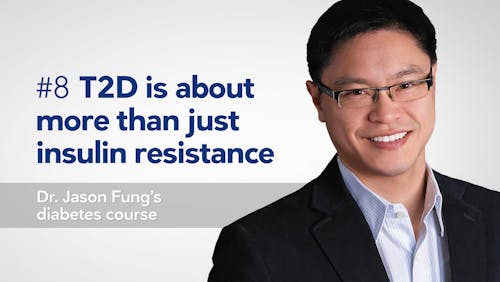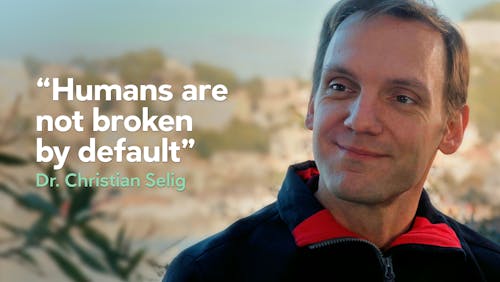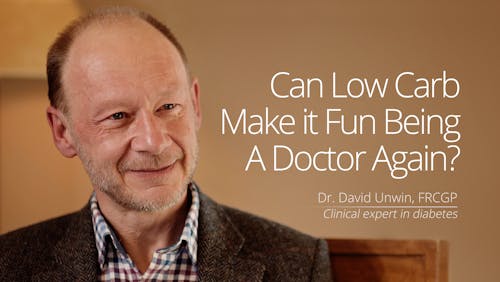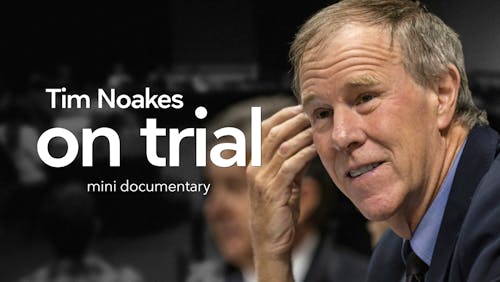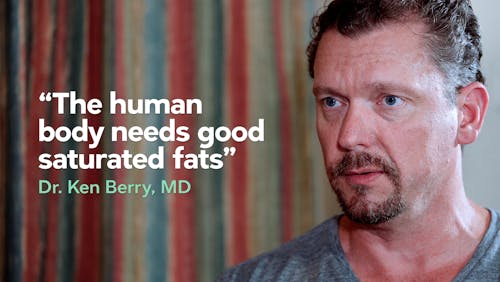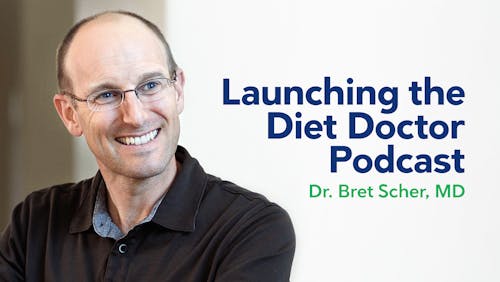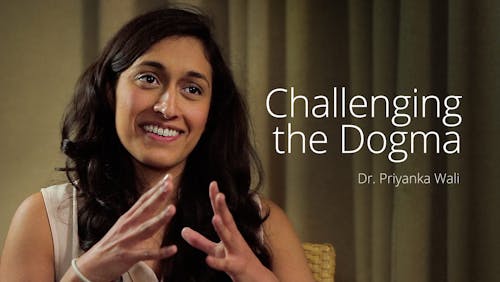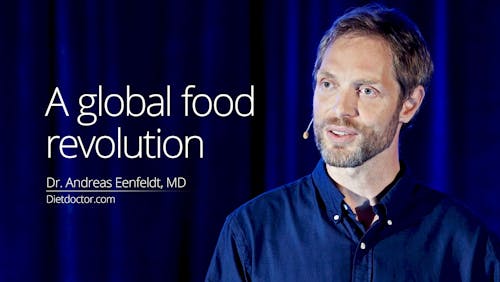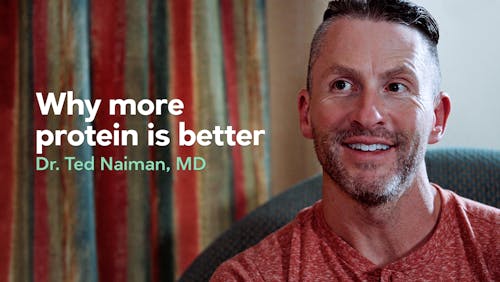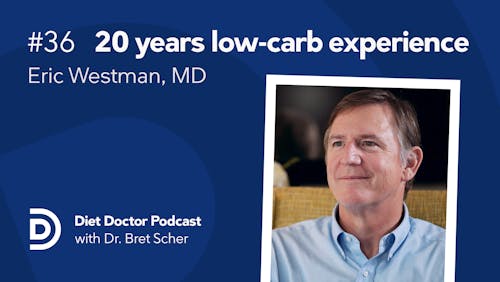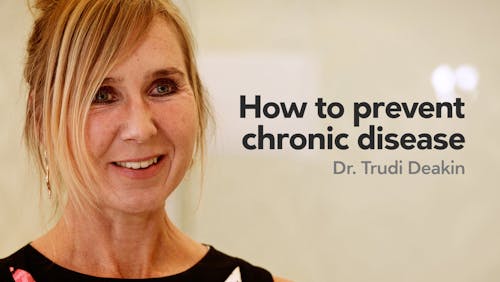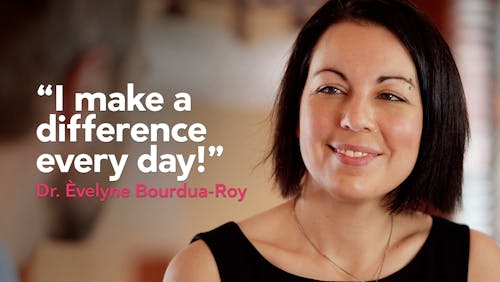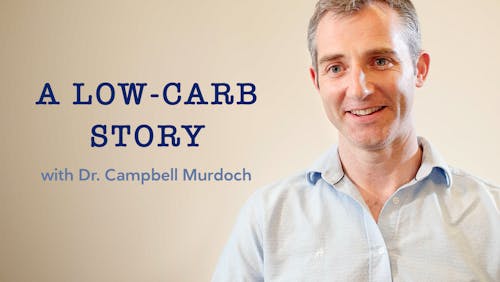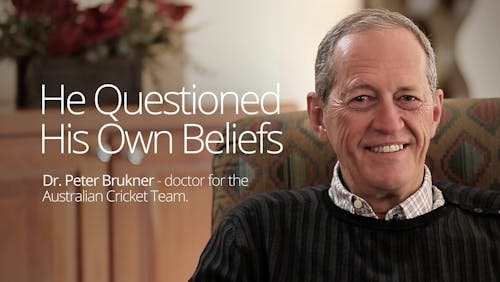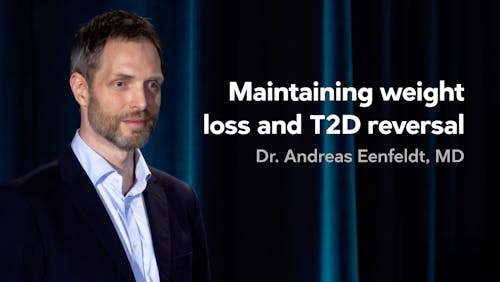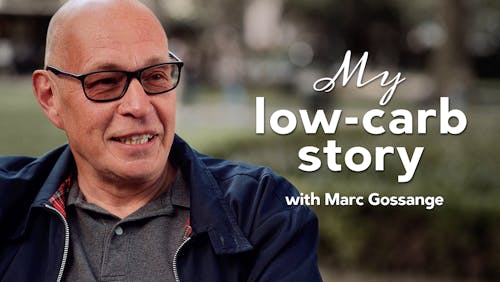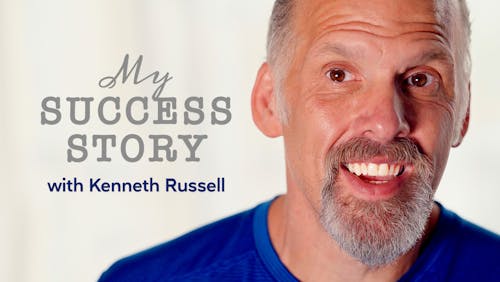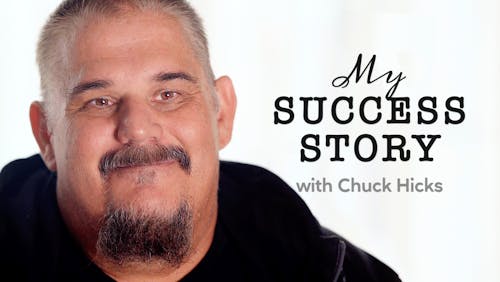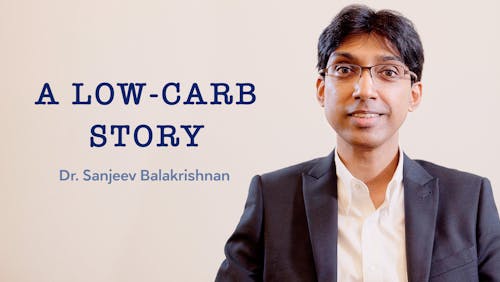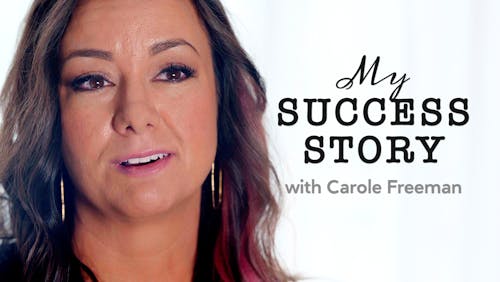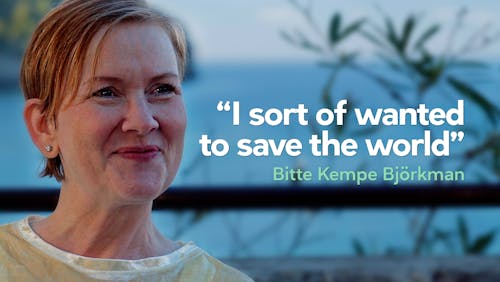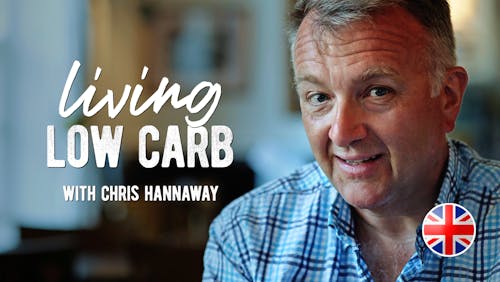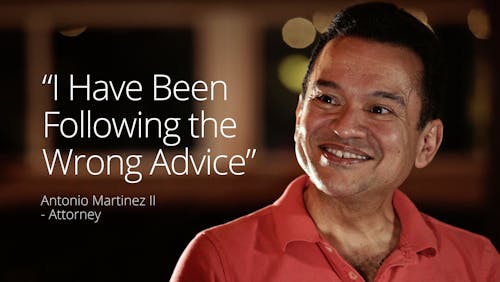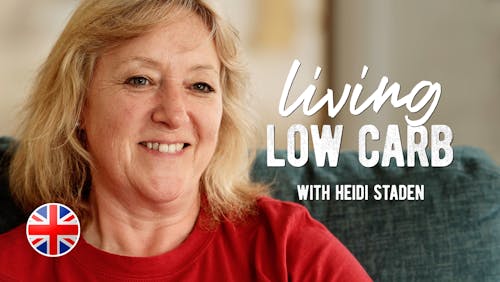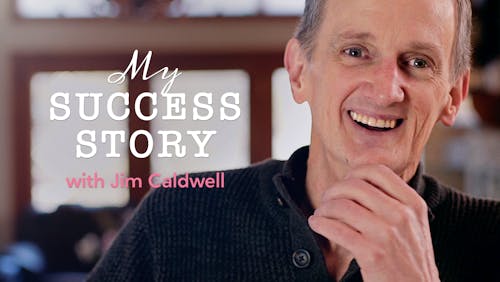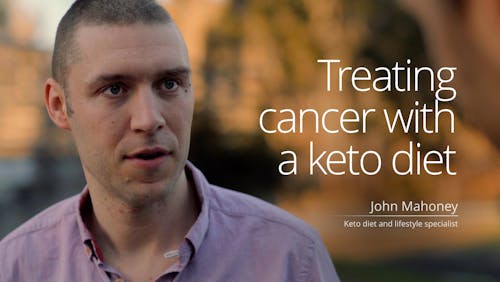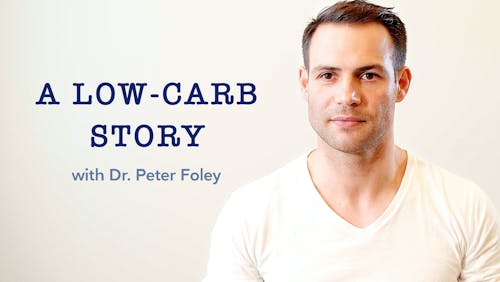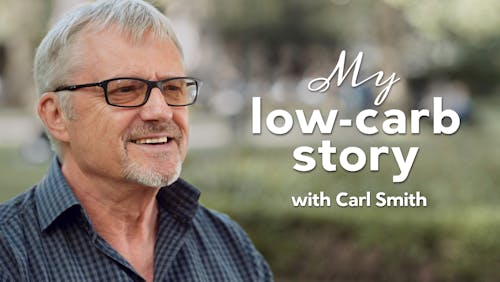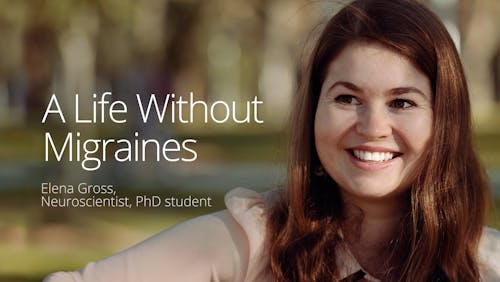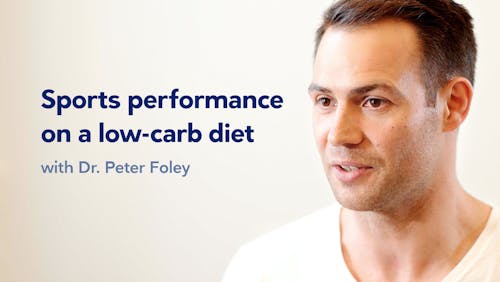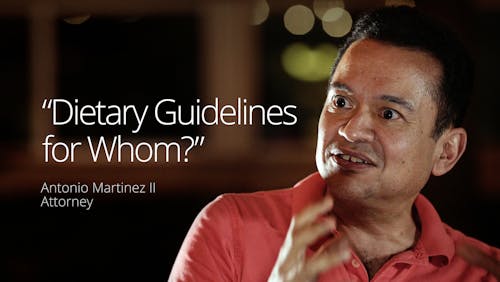Pay it forward, or why you should come out of the low-carb closet

Eating low carb has been one of my best moves ever for myself. It’s given me so much: I lost more than 32 pounds (15 kg), I have beautiful and steady energy, I feel great all the time, even when my 18-month-old boy keeps me up all night, I can fast very easily, I sleep well, and my sinuses have never been happier (I used to have recurrent bacterial sinusitis multiple times a year).
Indeed, eating low carb has so profoundly changed my personal life, that I felt my patients were entitled to be informed about this approach. So, it has completely changed my practice too.
Every time I see a patient with pre-diabetes, metabolic syndrome, diabetes, chronic pain, chronic fatigue, hypertension, and obesity, I get a chance to practice good medicine by taking the time to explain why they have these health issues, and how it can be solved with lifestyle changes.
Sometimes, at the end of the appointment with the patients, I end up prescribing pills to manage those health issues. And sometimes, I end up prescribing a healthy low-carb diet. But at least my patients were given the proper explanations, and a chance to make their own informed decisions. And sometimes, even when I do prescribe pills, I may have unknowingly made my patients move up one stage in the Prochaska model of change. You never know who left your office in contemplation, after what was discussed, and decided, all of a sudden, to get started. I’ve been surprised on numerous occasions so far.
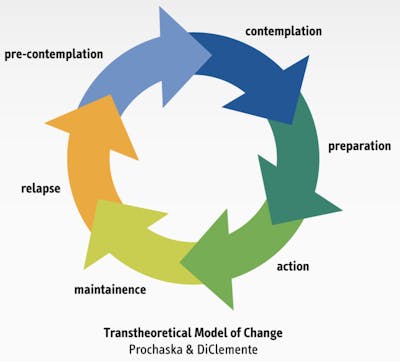


As a busy doctor, though, the easiest thing to do is to prescribe pills, and teach nothing. It’s also what pays the most in my healthcare system. The more patients I see in a day, the more I fill my pockets. The more I push pills instead of food, the more time I save, the more money I make. Basically, I work in a sickcare drug-centered and surgery-centered system, not a healthcare system interested in prevention and lifestyle approaches. Sounds familiar?
Paying it forward
But despite that, I feel this is the only way to practice good medicine: informing patients properly on their options, respecting their choices, and counseling them along the way towards health, or at least towards a stabilisation of their health problems.
And despite the time-consuming nature of properly counseling patients on lifestyle changes, I feel like I am paying forward. I have received a lot from this way of eating, it’s only fair that I give back to others. Especially since I call myself a doctor. And I am entrusted with the health and lives of my patients.
I recently attended the Low Carb USA Conference in San Diego, early August. It was amazing! I think the audience was probably half health care professionals, half people from the general public. Some were new to this way of eating, some have been low carbing it for years.
One thing in particular struck me, aside from the actual presentations. Many of the people, whether presenters or vendors or attendees, seemed to be involved in some form or another of spreading the word, of helping others find out about low carb, of trying to change how things are done locally, nationally and internationally. Some, like me, through free public conferences, some through the establishment of a foundation, some through petitions, some through non-profit organizations, some within their work places or the places where they do volunteer work.
The vast majority of the presenters, as well, are happy to answer multiple questions, even to answer emails. Many are willing to teach other healthcare professionals at their clinics. All for free. Take Dr. Jason Fung, for instance. When I approached him about a year ago and asked if he and Megan Ramos could train me, he said yes. Just show up. He didn’t say “yes, sure, but I will charge you $2000/week.” He could have. These two are super busy. But they said yes. And it was free. Because they want to spread the word, and I’m guessing because they’re also paying forward.
Last Monday, my nurse Sylvie, my kinesiologist Marc and myself gave another free general public conference on reversing type 2 diabetes and obesity with a low-carb diet. We give free public conferences because we feel people deserve to know this is an option. As you can imagine, it costs us money to rent a room, and it takes time away from our families.
I recognized many faces in the crowd: patients enrolled in our low-carb program, sitting next to relatives and friends with whom they want to share this approach. Because it works for them, and they want it to work for their relatives. They want to spread the word. They want to pay forward the health that they have gotten back. And it warms my doctor’s heart.
If you are a doctor or a healthcare professional who’s been on low carb for a while, with successful outcomes, but have kept this as a secret so far, it’s time to come out of the closet. It’s time to start counseling patients about this. Perhaps you don’t know how to start, lack educational tools, are uncertain of the response you will get from patients or colleagues. This is understandable. But that shouldn’t stop you. Start low and go slow. Pick one open-minded patient who’s complaining about being on multiple pills. Take the time. Teach that patient.
If you’re a doctor or healthcare professional who’s been counseling patients on low carb for a while, pay it forward by helping other doctors and professionals learn this approach. Share your clinical experience, even if you feel like an impostor compared to Dr. Phinney and Dr. Westman, to name just those two. You have been helped by the low-carb community, you have learnt through them. It’s time to help others too.
If you’re not a healthcare professional, but have adopted this way of eating and have benefited from it, give back by sharing your success with others, and by teaching others what you know, even if you don’t know it all (nobody does!). Start spreading the word, even if friends and relatives are finding you annoying. Give someone else the opportunity to get their health and their healthy weight back. Get involved locally, nationally and internationally. Pay it forward.
More
Earlier with Dr. Bourdua-Roy
- How I became an LCHF doctor reversing type 2 diabetes
- “As a doctor, I want you to eat plenty of fat, and add plenty of salt to your food”
- Caution: this can cause addiction
- It takes a village of bacon eaters
- Don’t take away my insulin!
- Conquering the skinny picky
- I am not going to convince you
- How Jaques reversed his type 2 diabetes and high blood pressure
